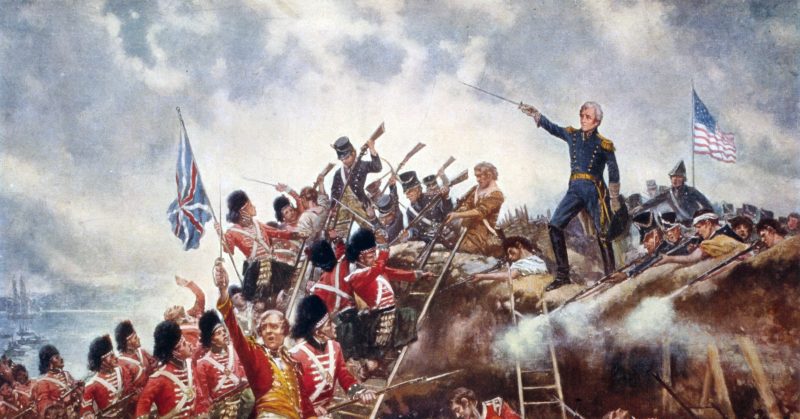In the years leading up to 1812, the United States had become entangled in the conflict between the United Kingdom and France; Great Britain banned all trade between France, her allies and the Americas in a bid to place restrictions on neutral trading which the U.S. saw to be illegal and led to their declaration of war against Britain on June 18, 1812.
U.S. declaration of war, however, was not only for reasons of neutral trading rights but also for western expansion and control over the territory of North America.
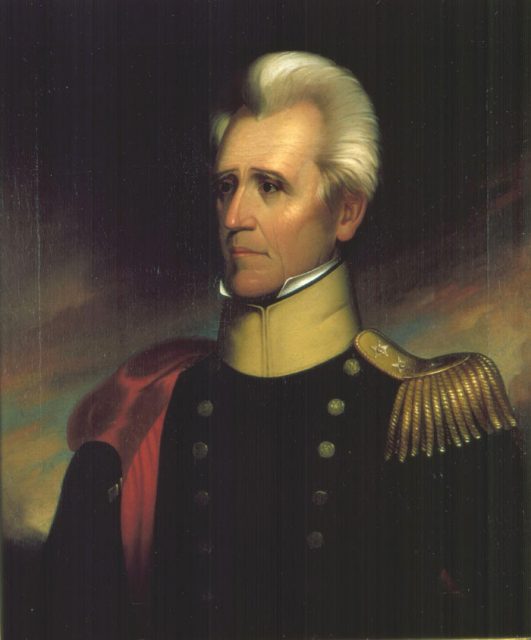
Andrew Jackson was a U.S. politician and Major General of the Tennessee militia at the time in which the war broke out, being one of the activists of western expansion, he eagerly offered 2,500 volunteers to the United States Army.
Jackson and his men were however not called upon until January 10, 1813 when he led an army of over two thousand volunteers to Louisiana with instructions to serve under New Orleans Federal Army commander, General James Wilkinson.
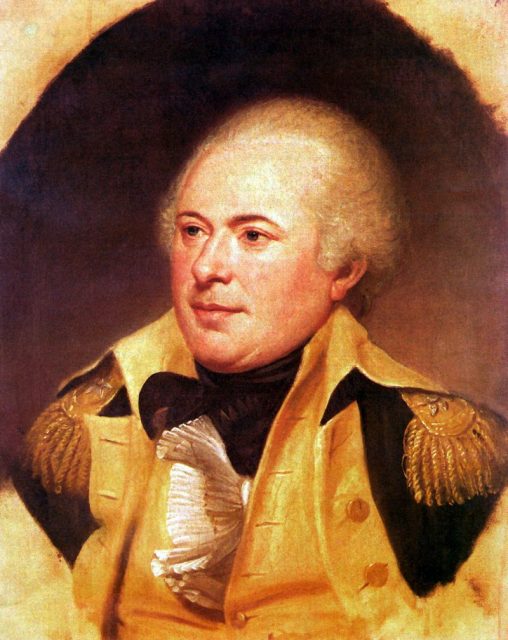
Yet again, Jackson’s enthusiasm to fight for his country was halted abruptly, he was ordered by Wilkinson to halt his march to New Orleans in Natchez and again in part of the Mississippi territory. This frustrated the Tennessee General. Although evidence indicated that these two had not been in the best of terms, Wilkinson made sure that Jackson’s troops never entered the city.
Jackson received another crushing blow to his ego when in a letter addressed to him from the newly appointed Secretary of War, John Armstrong Jr., he was asked to turn over his supplies to Wilkinson and to dismiss his troops. Jackson agreed to turn over his supplies but insisted that he would take charge of his troops and march them gracefully back to Nashville rather than dismiss them without provisions in Natchez.
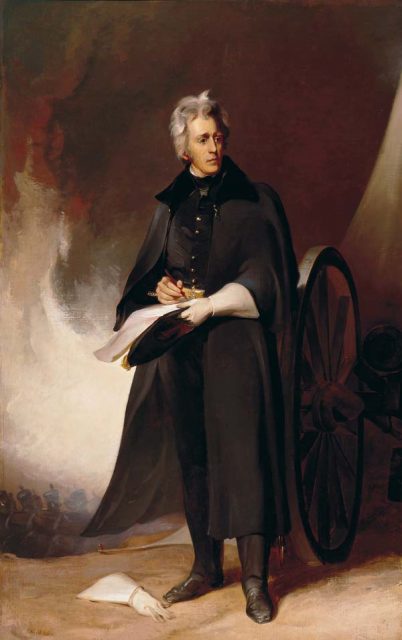
Paying out of his own pocket, Jackson took responsibility of his army throughout the 30-day march back to Nashville. Upon their arrival, stories of his excellent leadership were on the lips of the people of Tennessee; mothers, wives and children and men of the region held him in the highest regard for the way he treated his men and his fame grew throughout Tennessee.
A faction of the Creek Confederacy who did not support the peace talks with the United States, known as the Red Sticks carried out the massive slaughter of Americans in the region and launched the Creek War. Jackson responded to Governor Willie Blount’s call by leading a force of 2,500 men into battle against the Red Sticks on October 10.
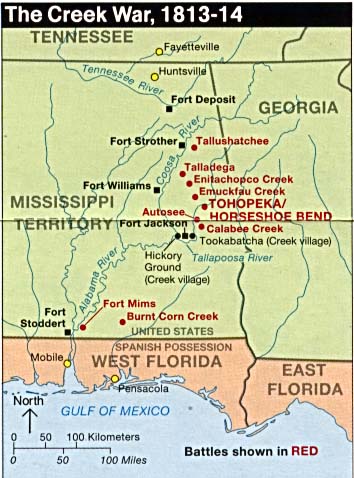
Operating out of Fort Strother, his top cavalry officer, Brig. Gen. John Coffee, defeated Red Stick troops in the Battle of Tallushatchee on November 3, 1813. In the words of Davy Crockett; “We shot ‘em down like dogs.” The 900 dragoons of Jackson’s force gave the Red Stick’s no chance, killing 186 of them and losing only 5 of their own.
This victory gave Jackson’s unit a sense of confidence and on 9 November after receiving a call of distress from allied Creeks, they marched against a Red Stick Army of 700 in the Battle of Talladega and secured yet another decisive victory against the belligerents.
Jackson although successful in his expedition against the Red Sticks encountered some setbacks; Coffee reported that his cavalry which returned to Tennessee to get fresh horses had deserted. The supporting troops from East Tennessee had only a few days left on their enlistments so Jackson sent them back home after they erroneously attacked a friendly village. By the end of the year, Jackson army had been reduced to a single regiment whose enlistments would cease in January.
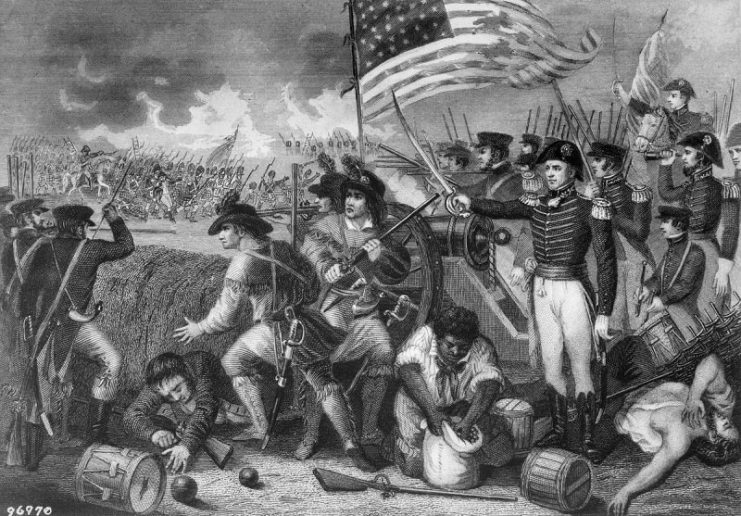
Out of options, Jackson was torn between going forward with his small force of 104 men including Coffee or returning home, the latter being the best option. Frustrated and disappointed, the General started making arrangements to leave the fort.
As providence would have it, on January 14, fresh recruits arrived at the fort with a two-month enlistment period and Jackson decided to maximize the opportunity and three days later, the army set out to support the Georgia militia in the region.
The battles fought at Enotachopo Creek and Emuckraw were indecisive; the inexperienced recruits found a lot of difficulty trudging through the terrain, they lacked discipline and were not well coordinated. Fearing a forthcoming defeat, Jackson returned with his army to Fort Strother.
A more disciplined and organized force presented itself with the arrival of the 39th United States Infantry and Jackson welcomed the troops graciously on February 6, 1814. With a solid army at his command, Jackson went up against Red Sticks in the Battle of Horseshoe Bend at Tallapoosa and with the support of Cherokee and Lower Creek allies, won a decisive victory on March 27, 1814 bringing the Red Stick resistance to their knees and effectively ending the war.
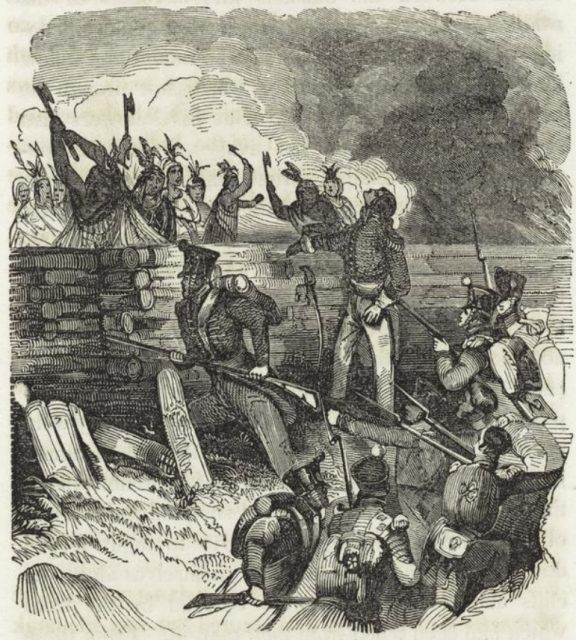
On June 8, Jackson was commissioned as a Brigadier General in the U.S. Army and was promoted to Major General on the 18th of the same month. Jackson thereafter with the approval of U.S. President James Madison imposed the Treaty of Fort Jackson which required the Creek nation to relinquish 23 million acres of land to the United States to which they bitterly complied.
With his expedition against the Creeks over and his recent appointment as Major General in the army, Jackson’s military expertise was directed towards defeating Spanish and British forces. At the Battle of Pensacola, he defeated the Spanish while the British forces retreated to organize an attack on New Orleans. When Jackson learned about this, he left Pensacola and marched toward New Orleans arriving there in December.
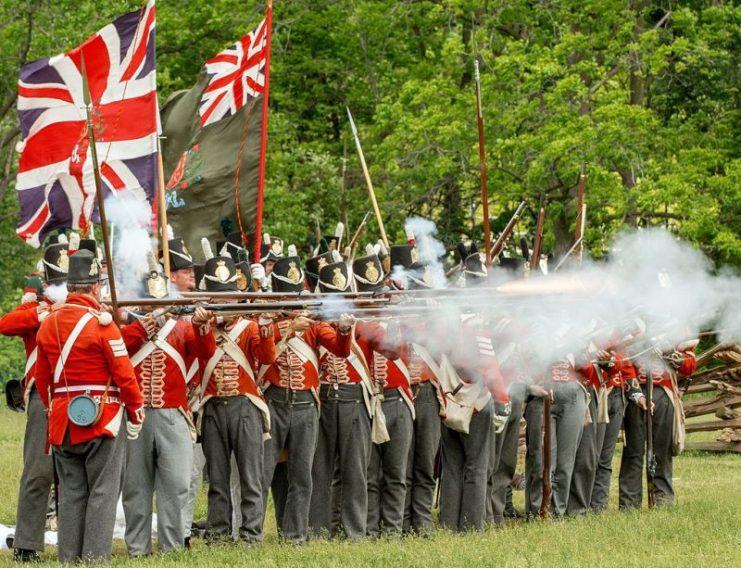
Jackson faced a British army that was two times his own at 10,000 men. He immediately passed martial law over the city fearing the loyalty of Spanish residents. He played politics by rallying support from separate factions in the city whilst paying them to support and defend New Orleans against British assault.
Still unaware of the Treaty of Ghent signed that year between the United States and Great Britain, the British moved in on January 8, 1815 against Jackson’s army but their attack was repulsed and they sustained over 2,000 casualties whereas Jackson’s army suffered 71 casualties in total.
The War of 1812 was essentially over, “Old Hickory” Jackson was now a Major General in the United States Army and America’s newest “war-hero”. The Nashville resident went on to become the 7th President of the United States.
